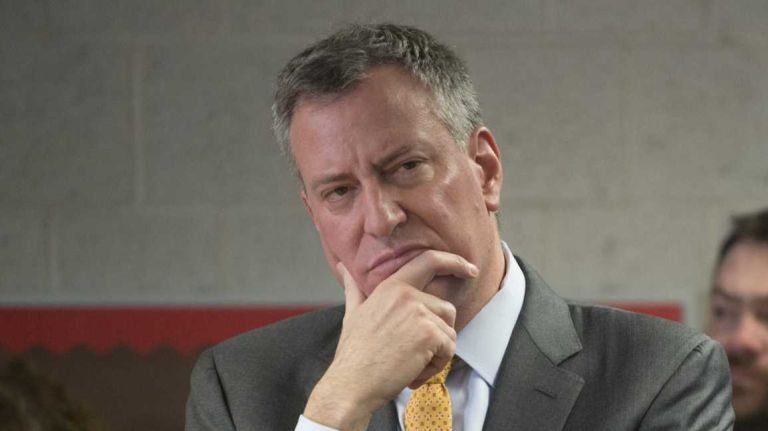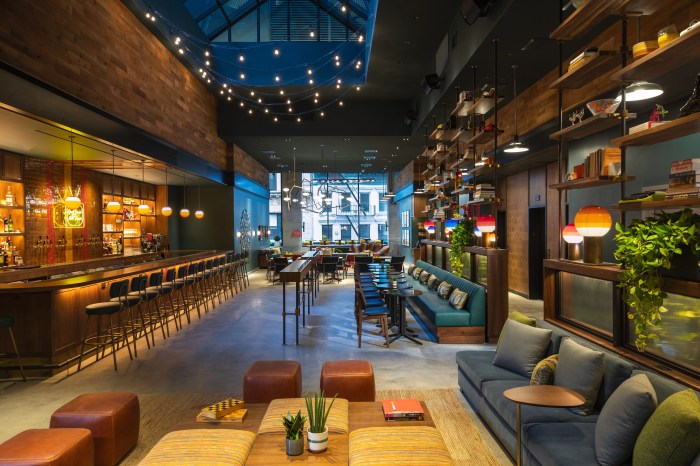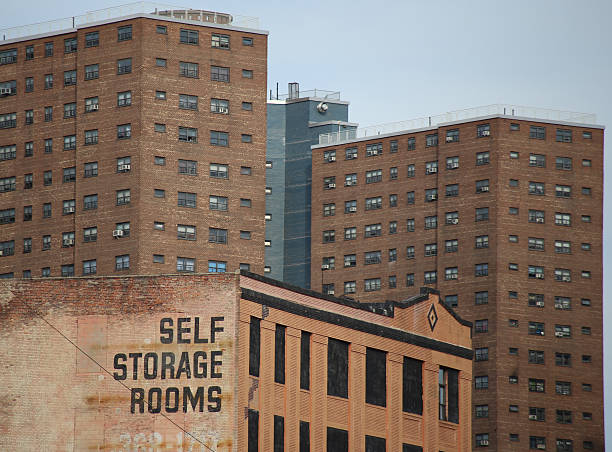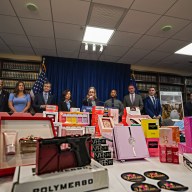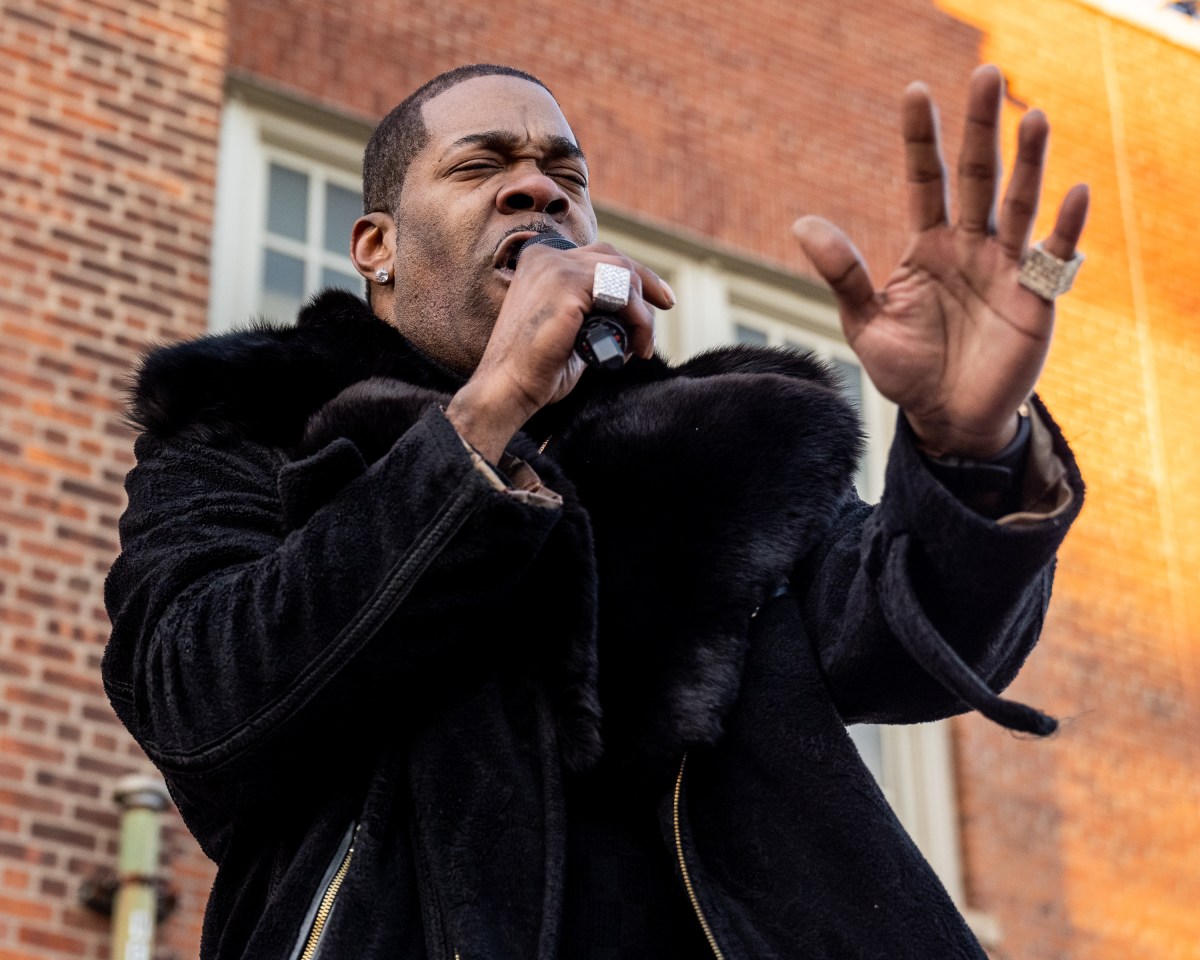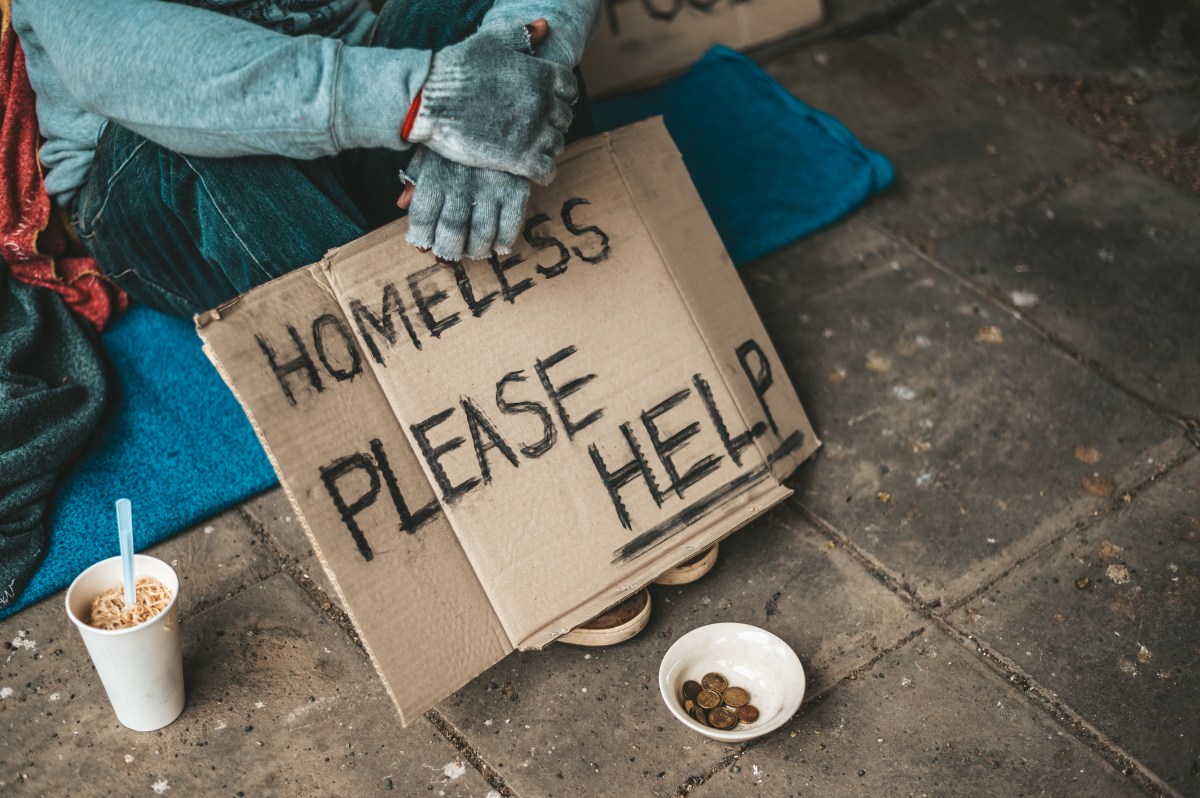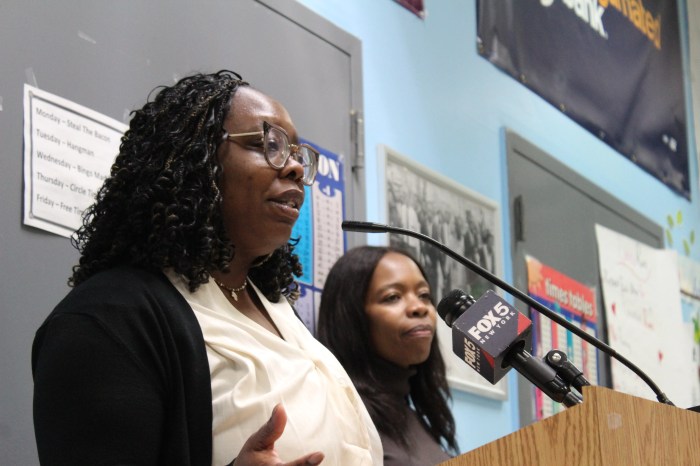
With his plan to create a municipal ID, Mayor Bill de Blasio has thrown a sweet-smelling bouquet to the nearly 500,000 people who are living in the city illegally.
New York “is your home, too,” he told them in his State of the City address this month, vowing that they would no longer have to live out their lives in the shadows.
The cards would allow them to open bank accounts, sign apartment leases, file police reports, enter municipal buildings, register for library cards, and apply for housing assistance and other city programs.
A good idea? Maybe.
The status quo doesn’t work.
It’s hard to maintain a strong and vital community when half-a-million residents are living off the grid. And for those who are here without documents, any interaction with officialdom is usually a challenge.
De Blasio imagines a program run by the city’s Human Resources Administration, which currently credentials New Yorkers for health care and other city services.
Applicants would submit a document like a passport or birth certificate to prove their identity. Officials would ask them to show proof of their address.
One concern: Cardholders will need assurance from the city that the program won’t blow up in their faces.
When New Haven started a municipal ID program in 2007, an organization opposed to illegal immigration filed a Connecticut freedom of information request for the names, pictures and addresses of cardholders.
Fortunately, that request was denied. But the city’s program must contain sufficient legal safeguards to withstand a similar challenge.
The mayor hopes to put a specific plan before the City Council in the coming weeks.
We’re eager to see what emerges and learn what the dollar costs are. A sound plan will create a fairer and stronger society. But if it passes, the program will be the largest of its kind in America. This is a major test for de Blasio.



